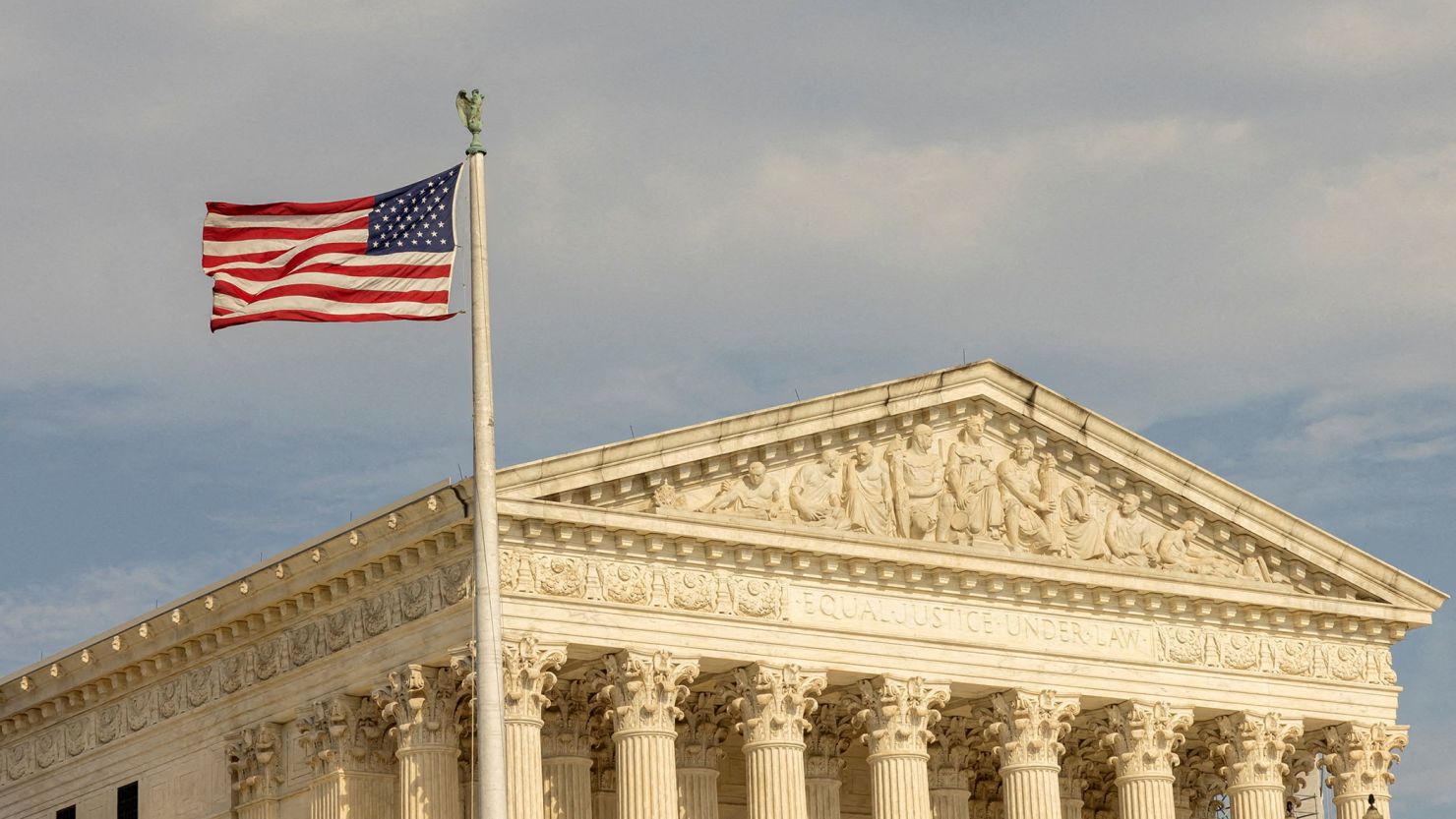Our brains perceive a threat, and we feel fear. Fear is a primary emotion with tremendous motivational power. It plays a vital role in shaping our actions and decisions, especially those related to survival and threat response. But fear does more than protect—it also distorts. It can cloud our judgment, fuel prejudice, and lead us to act against our best interests.
This psychological truth is deeply embedded in Jewish history and offers insight into the roots of prejudice and antisemitism.
As the Israelites neared the end of their journey through the wilderness, they entered the land of the Amorites—territory the Amorites had themselves taken from the Moabites. Although the Israelites requested peaceful passage, the Amorites attacked, and the Israelites were victorious.
Next, the Israelites camped on the border of Moab. King Balak, witnessing the vast multitude of Israelites, grew fearful. As the Torah recounts:
“Moab was alarmed because that people was so numerous. Moab dreaded the Israelites, and Moab said to the elders of Midian, ‘Now this horde will lick clean all that is about us as an ox licks up the grass of the field.’”
— Numbers 22:2–3
The Israelites had no plans to invade Moab or seize its land. Yet, just like the Amorites before them, the Moabites rejected the request for safe passage. Rather than seeking dialogue or coexistence, they prepared for war.
[Note to self: Why does this story repeat throughout Jewish history?]
King Balak and his people succumbed to fear. Instead of looking clearly at the situation, they allowed anxiety to override reason. Fear, while a natural defense mechanism, often twists reality.
Psychologist Todd Pressman writes:
“Fear manipulates our perception, distorting the objective truth of things. In so doing, it throws fantastic images before our eyes and otherwise twists our understanding of who we are and what the world is all about.”
Fear is a master illusionist. It commands our attention and narrows our focus to what might go wrong, often ignoring what might go right.
Perhaps fear is also at the root of antisemitism. Fear breeds suspicion—especially of the unfamiliar. To those who view Jews as a “foreign nation,” fear can become fertile ground for stereotypes and conspiracies, fueling an “us vs. them” narrative.
Fear often leads to anger. That anger can manifest as resentment, hostility, or moral condemnation. Antisemitic tropes, many of which are centuries old, often package fear into accusations—of control, conspiracy, or corruption.
The Jewish narrative, told over millennia, is one of asking the world for safe passage—and being seen instead as a threat. The image of a “horde that will lick clean all” echoes painfully in both ancient scripture and modern experience.
In the Torah, the Israelites rise in defense and, with divine support, overcome their enemies. God is praised as redeemer and “Lord of Hosts.” Today, that story is more complex.
As Dr. Yehuda Kurtzer has observed, Jews today are either warriors or worriers. In Israel, the Jewish people are again warriors, responding forcefully to threats and those who deny the possibility of peace. In the diaspora, Jews like me are the worriers—concerned about the rising tide of antisemitism and the fear and anger that fuel it.
Somewhere between the warrior and the worrier, we must find a new path—one rooted in coexistence, not conflict. May we, one day, be neither the army nor the alarmed, but builders of peace.
Rabbi Evan J. Krame





